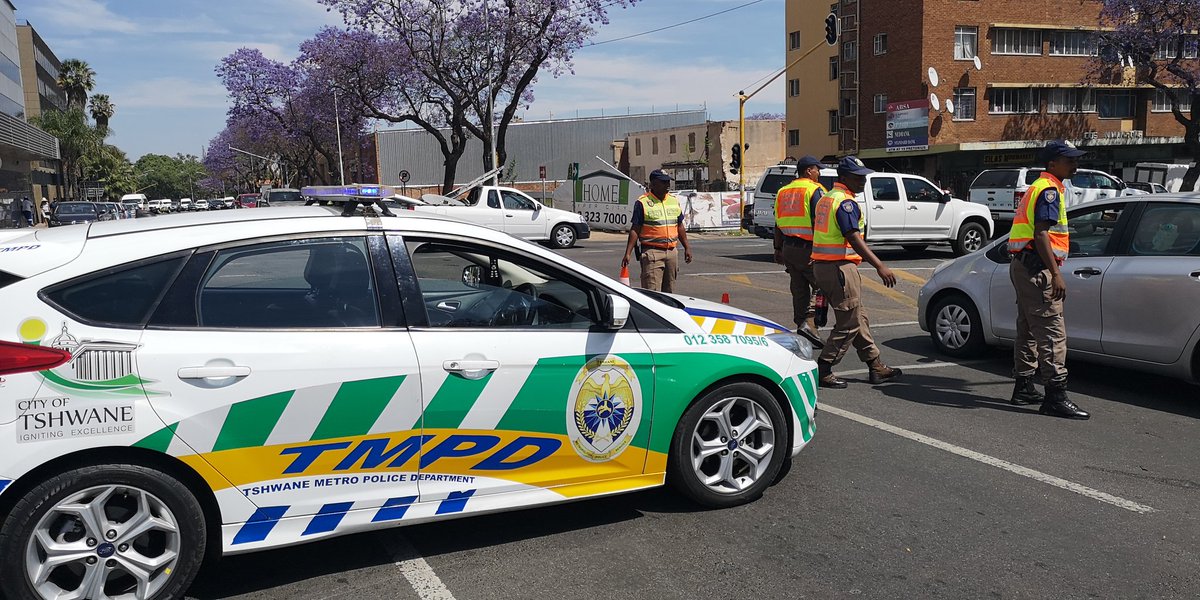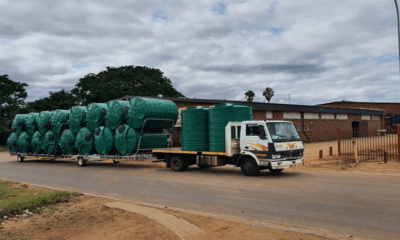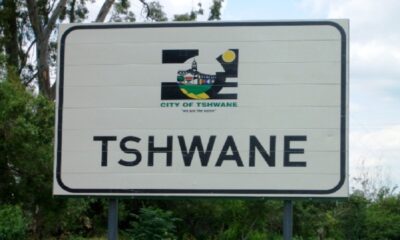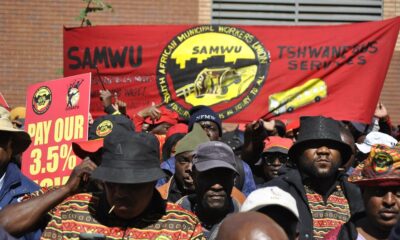News
FF Plus Urges Tshwane to Investigate Qualifications of Insourced Security Guards and Explore Tech Solutions

Tshwane’s Security Guards Under the Microscope
The City of Tshwane is facing a fresh wave of scrutiny as the FF Plus has demanded a thorough investigation into the qualifications of 1,283 security guards insourced in 2021. The party’s concerns highlight a pressing question: Are these guards properly trained and equipped to protect vital municipal infrastructure, or is the city gambling with public safety?
Training Gaps and Financial Red Flags
This demand comes hot on the heels of a rejected council report proposing R230 million over three years to provide medical subsidies, pensions, and housing allowances to contracted security guards who previously received none of these benefits. Instead of rubber-stamping the costly plan, the FF Plus insists on first establishing whether these guards meet minimum training standards.
Councillor Grandi Theunissen, speaking for the party, warned about hidden costs not accounted for in the council’s budget, such as essential equipment and skills development. “There’s serious doubt whether Tshwane’s budget can handle these extra expenses without sacrificing service quality elsewhere,” he said.
A City Struggling with Infrastructure Protection
The debate isn’t just about money. On Workers Day, MMCs from the EFF and ActionSA met with security personnel at Church Square, acknowledging the dire situation. Many guards were reportedly hired with little more than a T-shirt and jeans, left clueless on how to protect the city’s critical infrastructure. Frequent attacks on substations, leading to power outages, have exposed these glaring weaknesses.
Environmental Affairs MMC Obakeng Ramabodu explained, “Our infrastructure is under constant threat because the guards tasked with protecting it aren’t trained or equipped properly.” Similarly, Community Safety MMC and ActionSA councillor Hannes Coetzee pointed out the inherited challenge: over 1,200 security guards but minimal training.
Is Technology the Answer?
The FF Plus suggests the city rethink its security strategy altogether. Instead of relying solely on human guards—especially those whose training and effectiveness remain in question, the party urges the adoption of technology to supplement security efforts. Surveillance cameras, motion detectors, and remote monitoring could enhance protection while easing financial pressures.
Coalition Politics and Outsourcing Policies
This tussle over security guard qualifications also underscores deeper coalition government dynamics in Tshwane. The FF Plus argues that the council’s report is part of a broader push by the coalition partners to outsource security and cleaning services without fully assessing long-term costs and benefits.
Theunissen added, “Outsourcing must be done strategically and with residents’ interests front and centre. Reckless spending on security without proper oversight risks wasting scarce municipal funds.”
A Moment for Responsible Governance
At its core, the issue reflects the challenge of managing Tshwane’s sprawling urban environment with limited resources and political complexities. Public confidence in local government hangs in the balance as city leaders weigh urgent security needs against financial realities.
As residents watch power disruptions and infrastructure damage unfold, many are voicing frustration on social media, demanding accountability and practical solutions rather than inflated budgets and political finger-pointing.
In the end, Tshwane’s security challenges serve as a cautionary tale for municipalities nationwide: investing in people means investing in proper training, equipment, and smart technologies, not just adding numbers to payrolls.
If Tshwane wants safer streets and more reliable services, the focus must shift from quantity to quality, starting with the very people charged with protecting the city.
{Source: IOL}
Follow Joburg ETC on Facebook, Twitter , TikTok and Instagram
For more News in Johannesburg, visit joburgetc.com



























